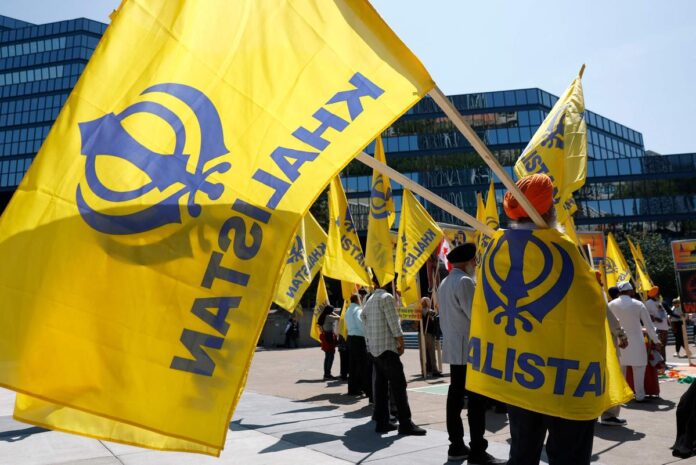A new report has drawn attention to the increasing visibility of Khalistani activities in Canada, reopening a sensitive debate about the limits of free speech, public safety, and foreign policy. The issue has once again put Ottawa in a difficult position, as it struggles to balance constitutional freedoms with the concerns of Bharat and its own domestic security priorities.
The Rise of Khalistani Activities
In recent years, incidents ranging from pro-Khalistan rallies, posters targeting Indian diplomats, and vandalism of temples have raised alarms in both Bharat and Canada. The report highlights:
-
Community divisions within Canada’s large Indian diaspora.
-
Growing social media campaigns amplifying separatist narratives.
-
Concerns from law enforcement about possible radicalization among fringe elements.
The Free Speech Dilemma
Canada’s constitution strongly protects freedom of expression and assembly, making it difficult for authorities to ban rallies or censor political speech—even when such acts strain diplomatic ties.
Supporters argue:
-
Peaceful advocacy, even for controversial causes, is protected speech.
-
Canada cannot be seen as curbing dissent to appease foreign governments.
Critics counter:
-
Some acts go beyond free expression into hate speech, intimidation, or incitement.
-
Public safety and social harmony should outweigh extremist agendas.
Diplomatic Repercussions
The issue has become a major irritant in Bharat–Canada relations. New Delhi has repeatedly raised concerns, citing:
-
Threats to Indian diplomats.
-
Symbolic glorification of violence against Indian leaders.
-
Impact on bilateral cooperation in trade, security, and people-to-people ties.
Ottawa, while acknowledging Bharat’s concerns, often frames its response within the context of domestic freedoms and judicial oversight.
Broader Implications
-
Diaspora Politics: Khalistani groups leverage Canada’s vibrant democracy, gaining visibility disproportionate to their actual numbers.
-
Security Risks: Authorities remain cautious about the potential for extremist spillovers.
-
Bilateral Strains: With both countries seeking stronger economic and strategic ties, unresolved tensions could become a roadblock.
The rise of Khalistani acts in Canada underscores the fragile balance between free speech and national security. While Ottawa defends constitutional freedoms, Bharat continues to press for action against what it sees as separatist extremism masquerading as free expression.
The debate is unlikely to fade soon, but its resolution will be crucial in determining whether Bharat–Canada relations can move forward on a path of trust and cooperation.



